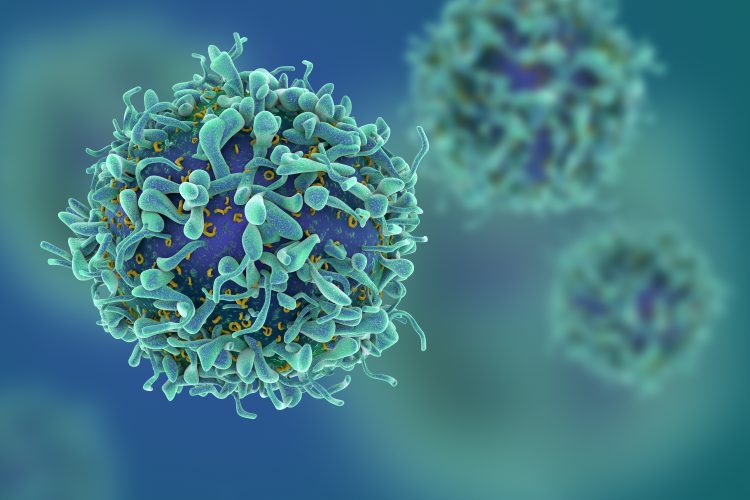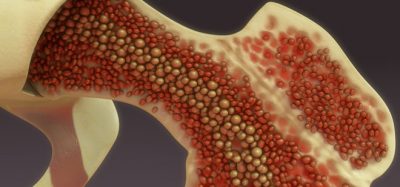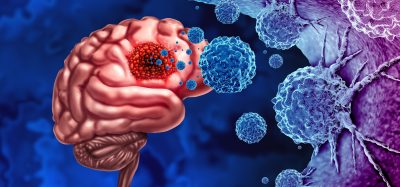New insights about the influence of STAP-1 on immune cell activation
Posted: 13 March 2024 | Drug Target Review | No comments yet
The new findings could lead to a therapeutic target for immune-related disorders, like multiple sclerosis.


Scientists from Hokkaido University have provided new insights regarding the significance of the STAP-1 protein in activating certain immune cells. These findings could lead to a therapeutic target for immune-related disorders, like multiple sclerosis and asthma.
It was discovered that STAP-1 has a key role in the activation of T cells, which are adept at recognising antigens and giving targeted responses to eliminate pathogens. STAP-1 acts as an intermediary, enabling communication between different proteins within cells and enabling the transmission of signals between molecules.
Dr Tadashi Matsuda, lead author and professor, commented: “Our findings provide valuable insights into the molecular mechanisms underlying T cell activation and the development of immune disorders…We found that STAP-1 plays an important role in regulating immune responses, particularly in the activation and functioning of T cells.”
Biomarkers are redefining how precision therapies are discovered, validated and delivered.
This exclusive expert-led report reveals how leading teams are using biomarker science to drive faster insights, cleaner data and more targeted treatments – from discovery to diagnostics.
Inside the report:
- How leading organisations are reshaping strategy with biomarker-led approaches
- Better tools for real-time decision-making – turning complex data into faster insights
- Global standardisation and assay sensitivity – what it takes to scale across networks
Discover how biomarker science is addressing the biggest hurdles in drug discovery, translational research and precision medicine – access your free copy today
T cells require two signals to become activated and initiate an immune response. The first signal involves the recognition of antigen-presenting cells. T cell receptors, a protein complex on the surface of T cells, recognise these antigens. The second signal consists of co-stimulatory signals provided by molecules on the antigen-presenting cells.
The team found that STAP-1 helps T cells communicate and respond to signals, especially those triggered by the T cell receptor. T cells without STAP-1 did not receive and transmit signals properly. This reduced production of cytokines that cause inflammation or autoimmune diseases.
As well as this, STAP-1 interacts with other proteins involved in T cell signalling, forming a complex network that aids regulation of T cell activity. The researchers observed that cells lacking STAP-1 had less inflammation in models of diseases like multiple sclerosis and asthma, indicating that STAP-1 could be involved in the development of these conditions.
This study is a significant step towards understanding immune system regulation. Moving forward, the team can build on this work by exploring the potential of STAP-1 as a therapeutic target for treating immune-related disorders.
This study was published in The Journal of Immunology.
Related topics
Cell Therapy, Drug Targets, Immunology, T cells
Related conditions
Asthma, immune disorders., Multiple Sclerosis (MS)
Related organisations
Hokkaido University
Related people
Dr Tadashi Matsuda (Hokkaido University)








